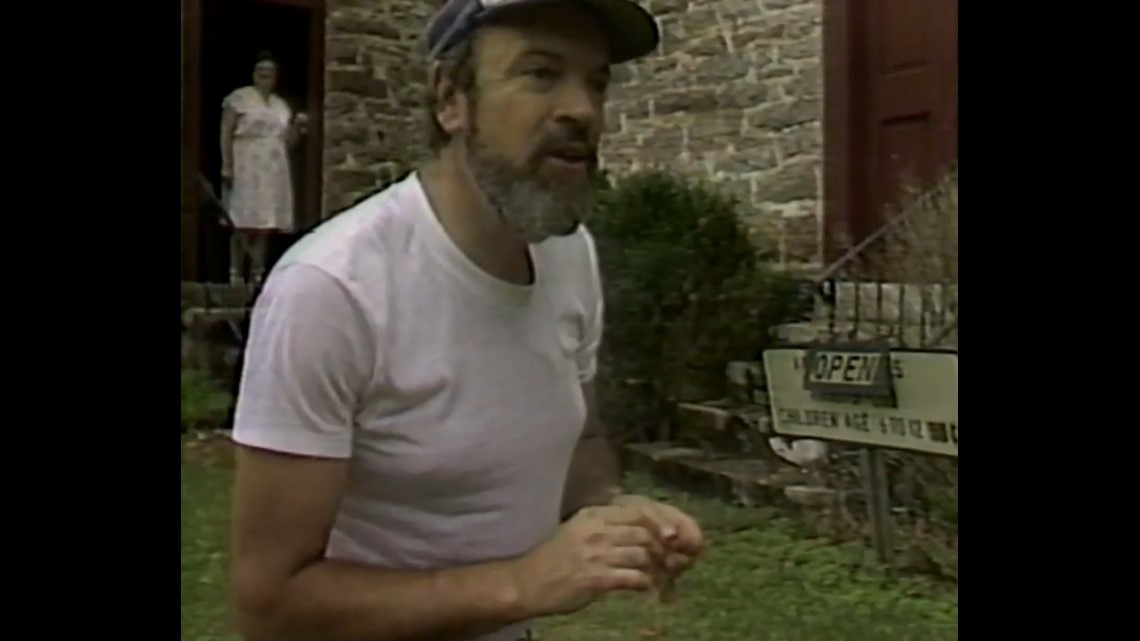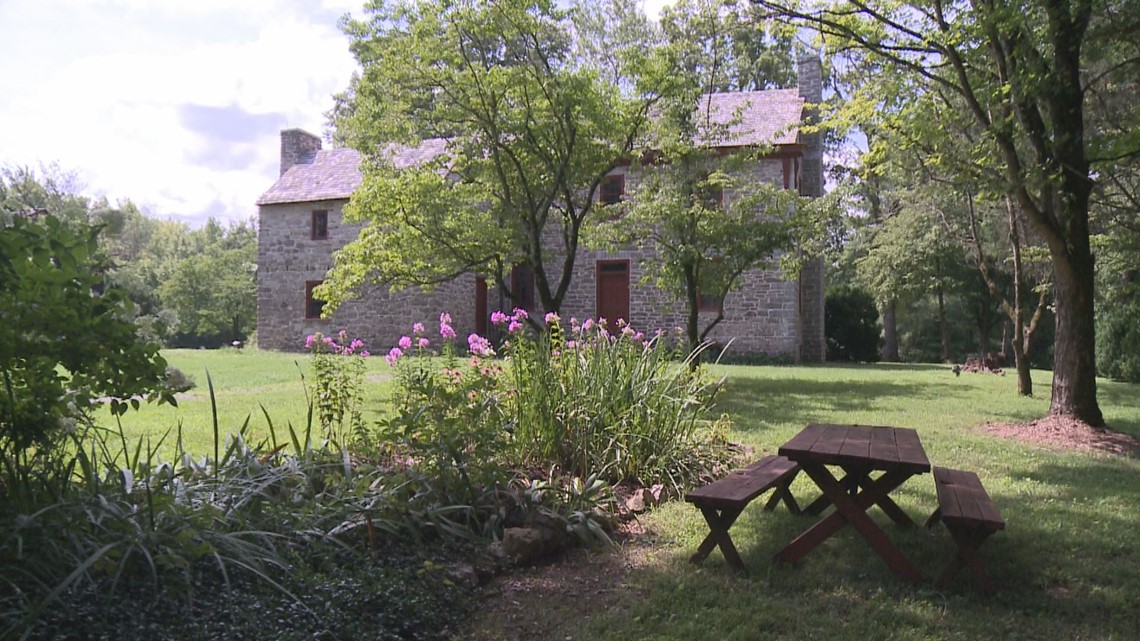KNOXVILLE, Tenn. — Archaeologist Dr. Charles Faulkner, an author and acclaimed veteran of numerous noteworthy digs in East Tennessee, has died at age 84.
Faulkner, professor emeritus at the University of Tennessee, died July 11. Survivors include his wife, Terry Faulkner of Knoxville.


Faulkner was known as the go-to archaeologist in the Knoxville area, leading digs and research at among other places Ramsey House, Blount Mansion and Cavett's Station, site of the 1793 massacre of 13 settlers by Native Americans located in what's now West Knox County.
The Knoxville History Project honored the Faulkners last year for their contributions to the knowledge of the city's history.
Charles or "Charlie" Faulkner, as he was widely known, taught prehistoric and historic archaeology for decades at UT.
Faulkner's research at Ramsey House was the subject of a past "Heartland Series" feature on WBIR. He'd also done archaeological work ahead of planned improvements at the infamous "Malfunction Junction" near downtown that revealed remnants of a pottery factory, as noted by a film honoring the Faulkners.
The Indiana native found his profession endlessly fascinating.
"You never know what you're going to find under the ground," he told "Heartland" host Bill Landry. "And it's all important, of course, whether it was something that dates 200 years ago or whether it's something that only dates 50 years ago."
The ground holds many secrets, he noted.
"It's exciting to me because really when you look at the history books and look at the past records, we know so little about the daily lifeways of people who lived in this area."


The Tennessee Division of Archaeology on July 12 was among many groups and individuals paying tribute to Faulkner.
"This morning we mourn the loss of one of Tennessee's most influential archaeologists, Dr. Charles Faulkner. Dr. Faulkner was Professor Emeritus at the University of Tennessee, Knoxville with a career that spanned over 50 years of research. He worked on many state-owned sites including Old Stone Fort and Marble Springs, and made important contributions to cave/rock art studies, Woodland period research, and historical archaeology in Tennessee and the Southeast."





